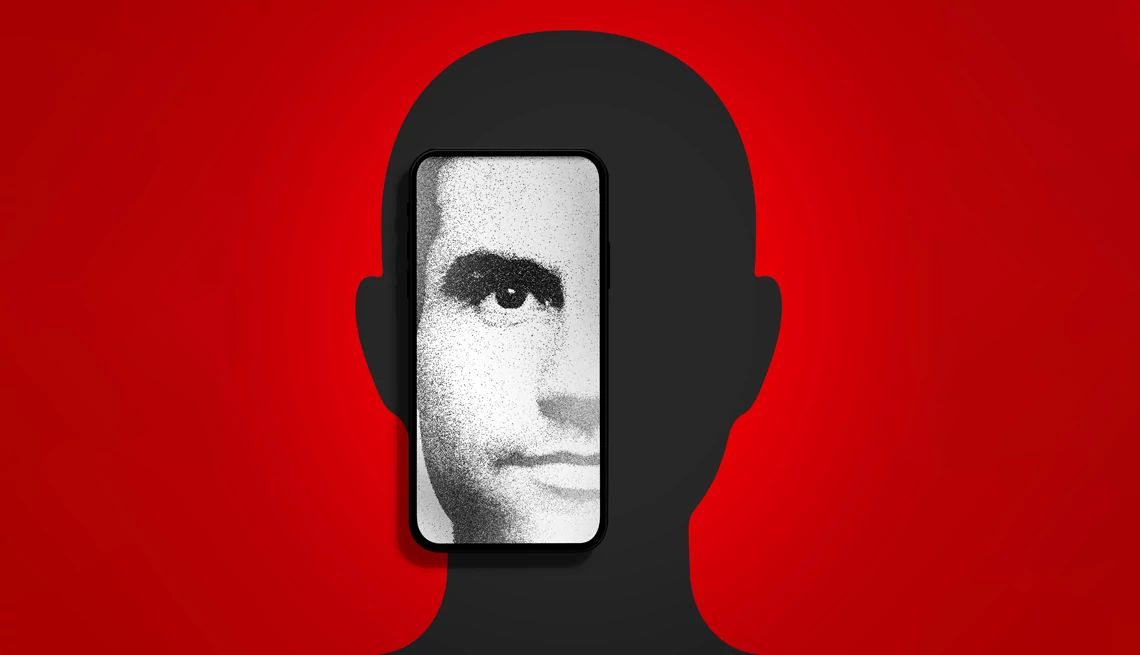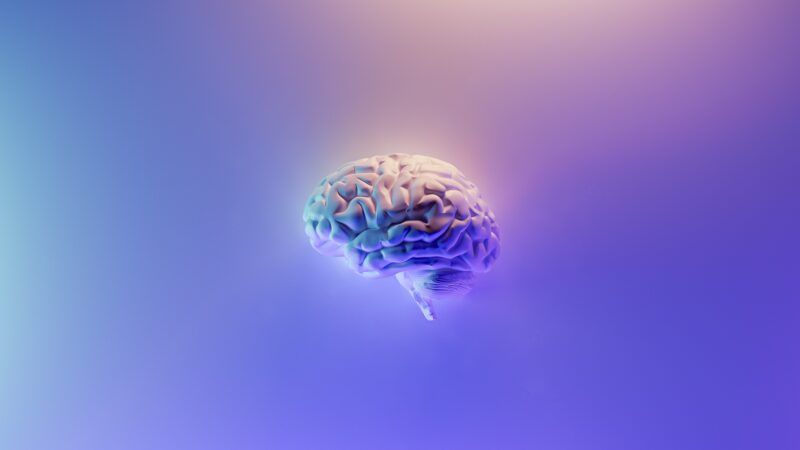Copying a person's likeness has become easy with AI. Is it legal?
On May 13, OpenAI demoed GPT-4o, the latest version of its popular chatbot. The presenters showed off ChatGPT's ability to help a child with their math homework, translate speech between Spanish and English in real time, and even provide fashion advice for a disheveled-looking man who said he was about to go into a job interview.
Shortly after the demo showcasing the chatbot's impressive—and unprecedented—abilities, OpenAI CEO Sam Altman posted the word "her" on X (formerly known as Twitter), seemingly an allusion to the 2013 film featuring an artificially intelligent assistant voiced by Scarlett Johansson. Before long, Open AI heard from Johansson's lawyers.
Legal Precedents
The dispute between OpenAI and Johansson offers a glimpse into the complex legal landscape surrounding the use of artificial intelligence. Verbit explored this issue to determine which legal precedents offer insights into the current case and how future legislation might regulate the use of peoples' work and likeness with AI.

Scarlett Johansson's case is not without precedent. Consider the Midler v. Ford lawsuit in the 1980s. The Ford Motor Company's ad agency attempted to hire famed singer and actor Bette Midler to sing for a television commercial. When she declined, the company went on to hire one of Midler's former backup singers, instructing her to sound as much like the "Do You Want to Dance" singer as possible. The resulting piece was so convincing that many viewers thought that Midler herself was singing in the commercial. Midler sued Ford, and eventually, a court ruled that imitating a famous singer's voice without their consent was unlawful.

A similar lawsuit between Frito-Lay and singer Tom Waits took place in the early 1990s when the company tried to hire Waits to sing a jingle advertising their new Salsa Rio Doritos. Instead, the advertising agency hired by Frito-Lay found a professional musician to record a jingle similar to "Step Right Up," a song by Waits featuring his distinctive deep, gravelly vocals. Waits sued the ad agency and Frito-Lay for violating his right of publicity and for false endorsement. Witnesses during the trial testified that they believed Waits sang the Frito-Lay jingle, when in fact he did not. The jury eventually awarded Waits $2,475,000 in damages.
Legal Landscape
According to an analysis by Casetext, neither Midler nor Waits would have won their cases had they sued for copyright infringement, since Ford obtained the right to use Midler's song, and Waits did not own the rights to his. But as public persons with distinctive voices, making the case that their "rights to publicity" were violated was relatively easier.
This right to publicity is a legal precedent that gives individuals the exclusive right to use their image. This means no one can use an individual's likeness to falsely claim that they endorse a product. However, only around half of states recognize this right, according to the Legal Information Institute at Cornell Law School.
AI Replicas and Legislation
When it comes to unauthorized impersonations, concerns arise regarding AI replicas. Some legal jurisdictions have stronger laws on this issue than others. Reflecting these concerns, the House of Representatives introduced the "No AI Fraud Act", a bill designed to safeguard against the nonconsensual use of AI replicas by giving people property rights to their voice and likeness at the federal level. The Senate is proposing the "NO FAKES Act", which would offer people similar protections.
These laws come at a sensitive time for Hollywood, as demonstrated by the recent strike by the Screen Actors Guild-American Federation of Television and Radio Artists over the use of AI. In deals with studios, it was agreed upon to protect performers' voices and likenesses when using AI in TV and film.

Conclusion
The legal implications of AI replicating people's likeness are complex and evolving. As technology advances, lawmakers are working to establish clear guidelines to balance freedom of expression with privacy and ownership rights. Current laws vary and new legislation is being proposed to address these challenges and protect individuals from unauthorized use of their image.










